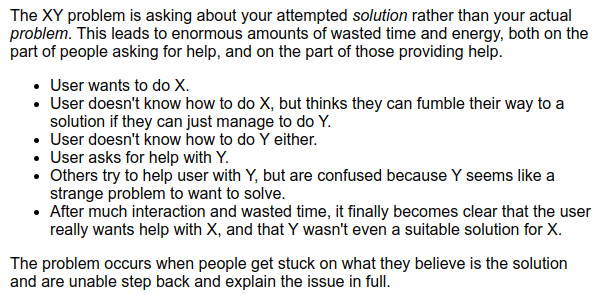🧵 View Thread
🧵 Thread (16 tweets)

when diff bundles of intentions (tween ppl or within a person) are bidding to move some lever in diff directions, those bundles can express their teleology in a mutually understandable way to allow for the discovery of win-win actions these expressions are called "reasons" https://t.co/SjG79n0S8M

a lot of early live is a process of figuring out how to resolve very mundane conflicts in your basil ganglia to allow coordinated motor movement at all https://t.co/Mvh8yBZWSO

here’s a quick one. I used to have a talking point about how kids know what they want better than adults. I think that’s correct in a sense. But it’s also fascinating to witness a literal newborn struggle with competing wants, before any wider social considerations. Do I wanna sleep or eat? It’s a hard question to answer especially when you have no knowledge or experience yet! You can see him conflicted and confused about it! Dozens of things like this

also, even in the absence of competing subsystems, creating expressions of your underlying teleology in a given situation that others understand allows them to share capacities, understanding, and knowledge that you might not have https://t.co/wrJepahpD5 https://t.co/9gpBbfbSHv


verbal language is just one language a reason can be expressed in!!!!! having your IFS parts pass images and vibes and felt-sense to each other is doing the important structural things that is reconciling aims/teleology hugging someone can be sharing a reason

besides reconciling diff subsystems trying to yank your body in diff directions, you also need meta-systems to generate actions when subsystems are outputting possible actions, but they aren't compelling engaging in such a meta-systems is called "looking for reasons to do X"

this doesn't necessitate language. You might hit a fork in the road on the way to a place, and not quite remember which path leads to your destination. The process of trying to recall which path gets you there is "looking for a reason to take one action over another"

reasons are for dealing with SPECIFIC conflicts between intentional systems to feel like you "need a reason" before you can act, in general, in the absence of a specific counter intent, is to be in conflict with an intentional system that thinks you're generically hostile

this is how most people treat children. like the scene from mean girls where the new homeschooled kid is utterly confused that she has to ask permission to go to the bathroom. "i'd never lived in a world where adults didn't trust me, where they were always yelling at me"

this is totally different from "yo, you're doing/about to do something that makes me getting what i want harder. can you tell me about what your trying to make happen so we can figure out if there's a win win or if we have to actually fight about it?"

@slimepriestess yeah rip, people traumatized into expecting coercion being the only thing someone could be doing with reasons https://t.co/UxfrOEcTcM

to create win-wins with others they need to understand you enough to even know what a win for you would be exchanging specific reasons on specific points of tension is part of this understanding process generically demanding explanations is not part of this process

most fucked up things create their own opposites. if you get traumatized by the Authoritarian Demands For Justification, you might lose the ability to help others actually understand you when coop opportunities arise https://t.co/UxfrOEcTcM

"i don't need a reason" is said by people living their lives you have no right to intrude into, triggered people who are now deaf to trouble they're causing you, and by people who are about to fuck you over and can get away with it cuz they have more power